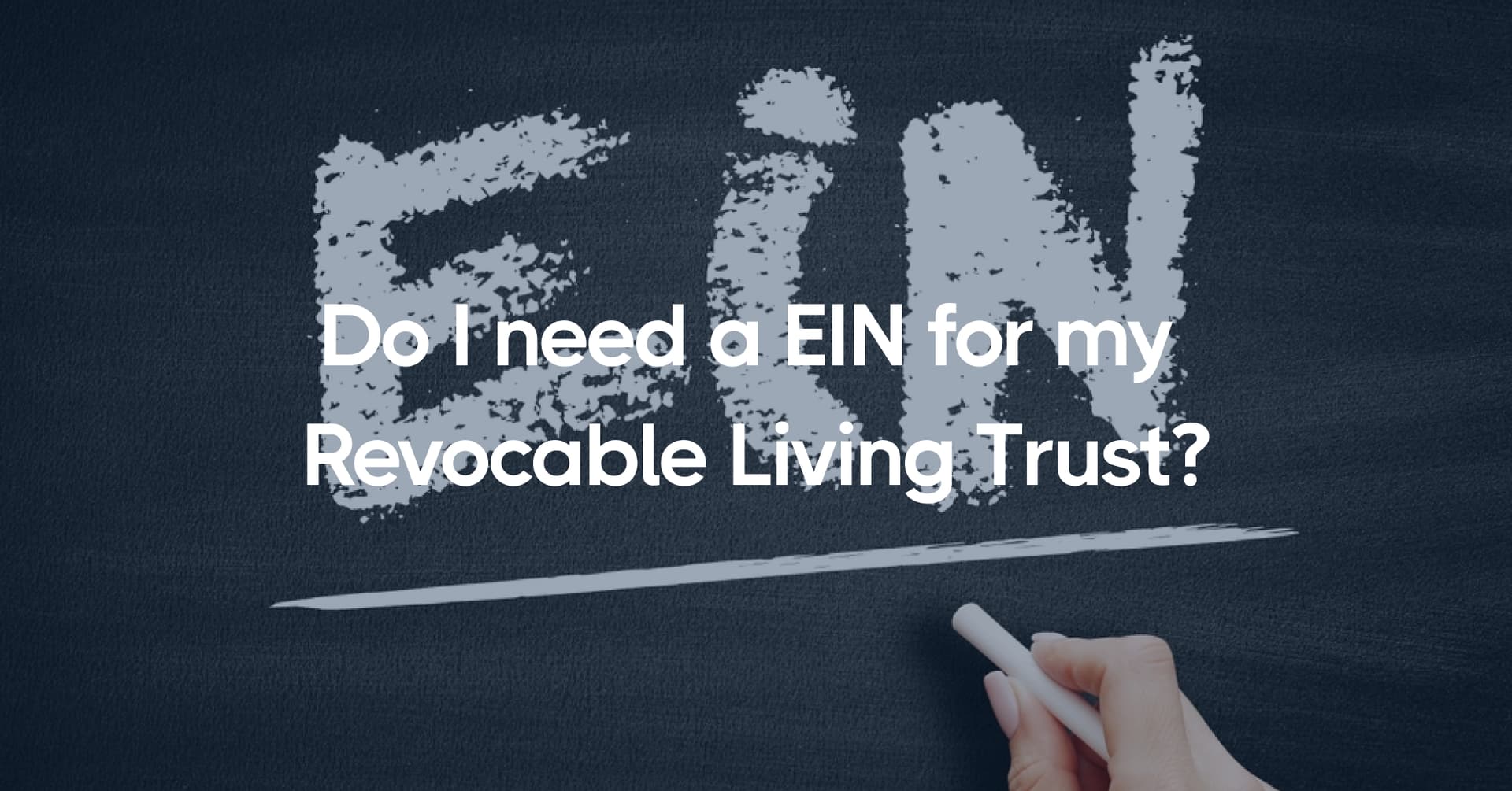Trust accounts serve the purpose of transferring wealth from a grantor to a beneficiary, and there are various types of trusts, each with its own tax ID requirements. In the case of a revocable, living trust, it remains under the control of the grantor, and as a result, it does not require its own tax ID.
Instead, it uses the grantor's tax ID.
Conversely, with an irrevocable trust, it no longer falls under the direct authority of the grantor. The grantor lacks the ability to make alterations to the trust without the beneficiaries' consent. Consequently, irrevocable trusts necessitate their own EIN since they function as distinct entities separate from the grantor. Even in the case of a revocable trust, there may come a time when an EIN becomes necessary.
This occurs when the grantor passes away, and the revocable trust transitions into an irrevocable trust, at which point it requires its own EIN. It's important to note that the tax treatment of trust funds can vary depending on their formation, with some trusts being taxed under their own EIN and others being taxed to the beneficiary.
